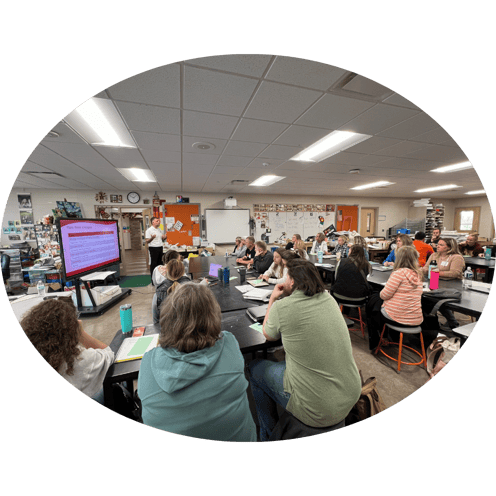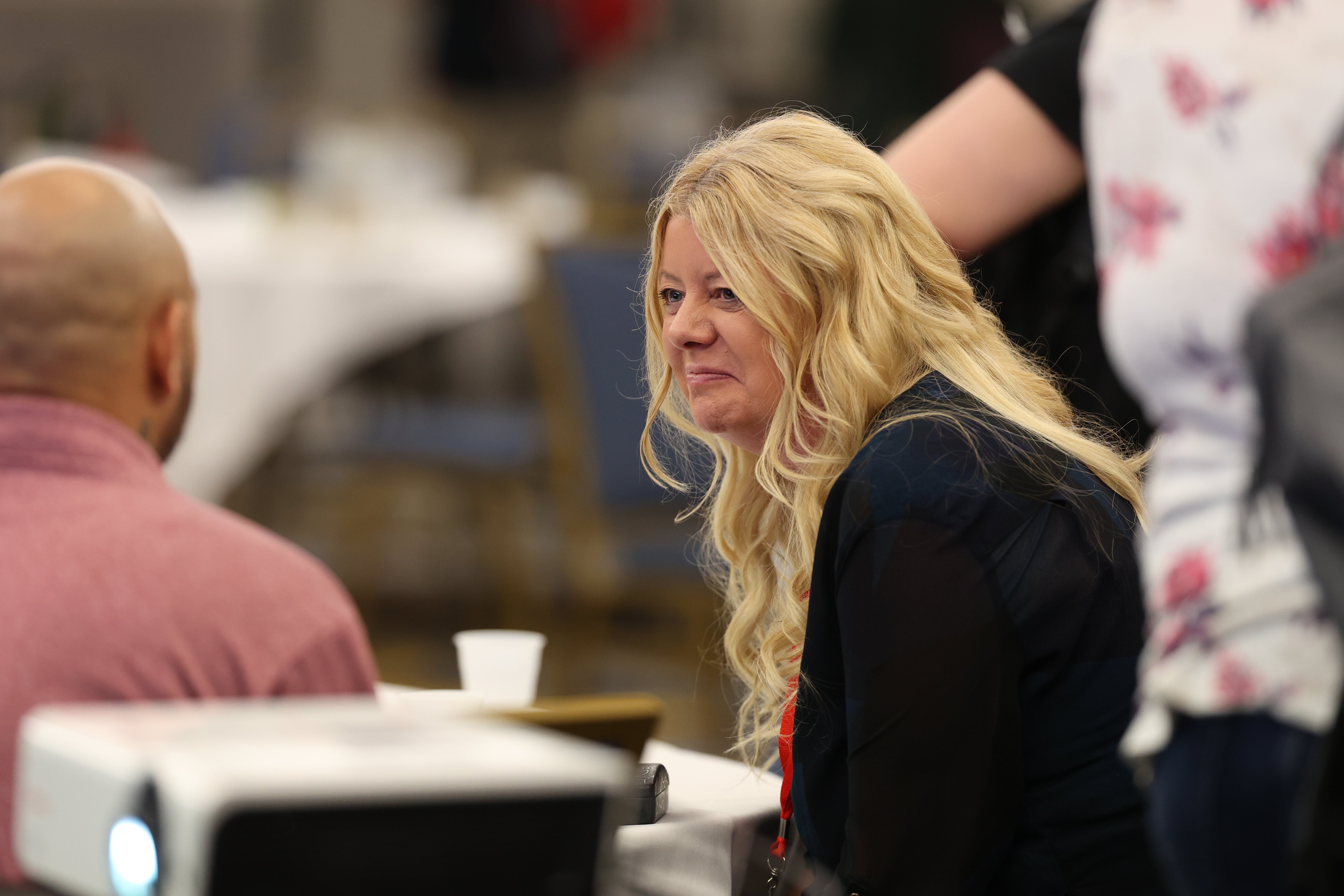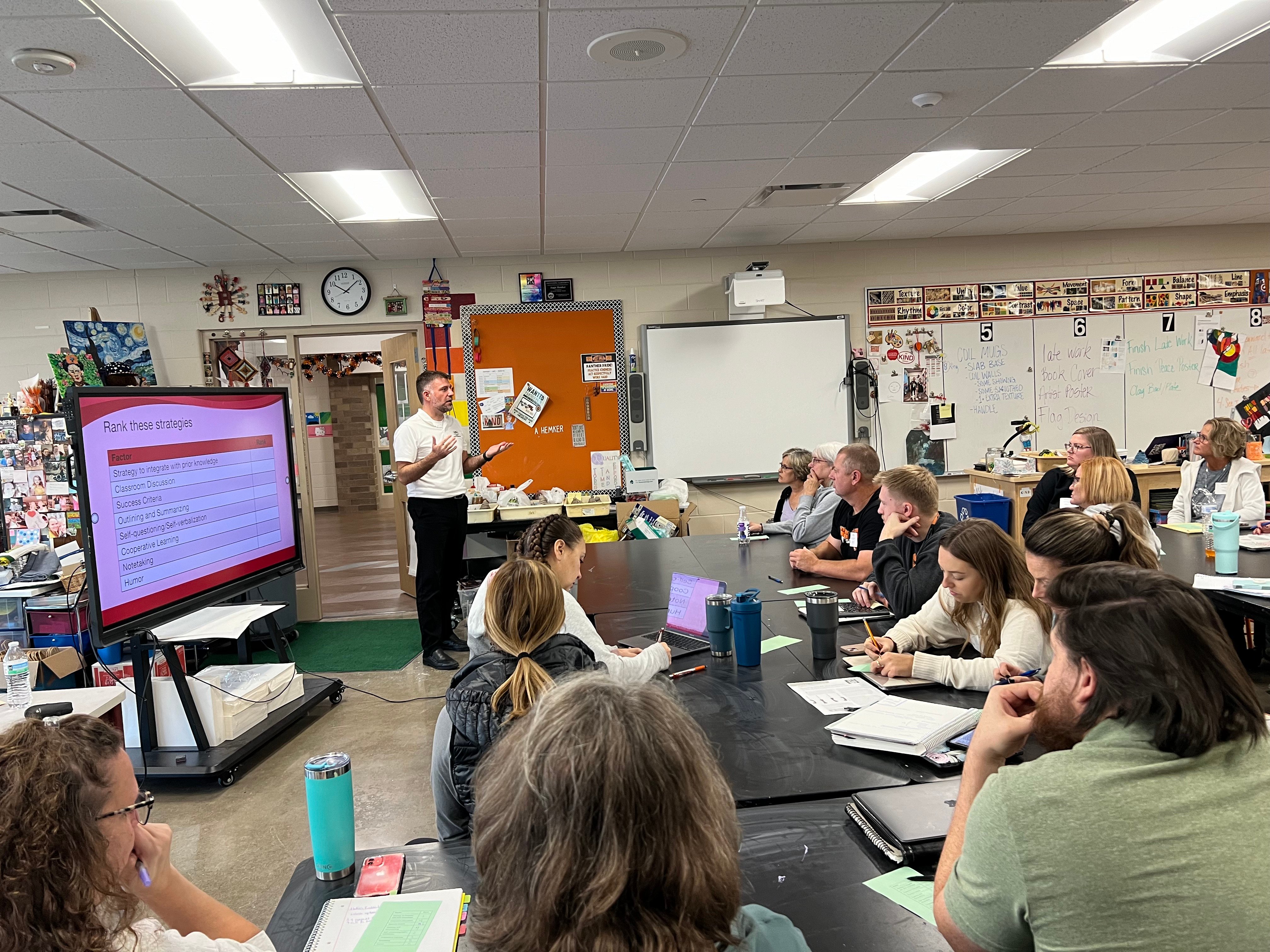
Ready to start your education journey?
Contact us today to create your personalized professional development plan and bring your teaching to the next level.
Jenni Donohoo Center for Collective Efficacy
Transforming educator beliefs into collective power that drives measurable student success.

.jpeg)


To increase collective efficacy in schools in order to realize improved outcomes for all students.
.png)
Shape mastery environments in which everyone in an educational setting shares the belief that individually and collectively they have the capability to impact positive change.


%20(1).png?width=500&height=500&name=Math%20Center%20New%20Logo%20(6)%20(1).png)

.png?width=500&height=500&name=Literacy%20Center%20Logo%20(1).png)

%20(4).png?width=500&height=500&name=PLC%20Center%20(White)%20(4).png)
.png?width=500&height=500&name=Publishing%20Logo%20(Transparent%20Background).png)
AI
Co-Teaching
Instructional Coaching
Literacy
Mathematics
PLC
Publishing
STAGR

Contact us today to create your personalized professional development plan and bring your teaching to the next level.